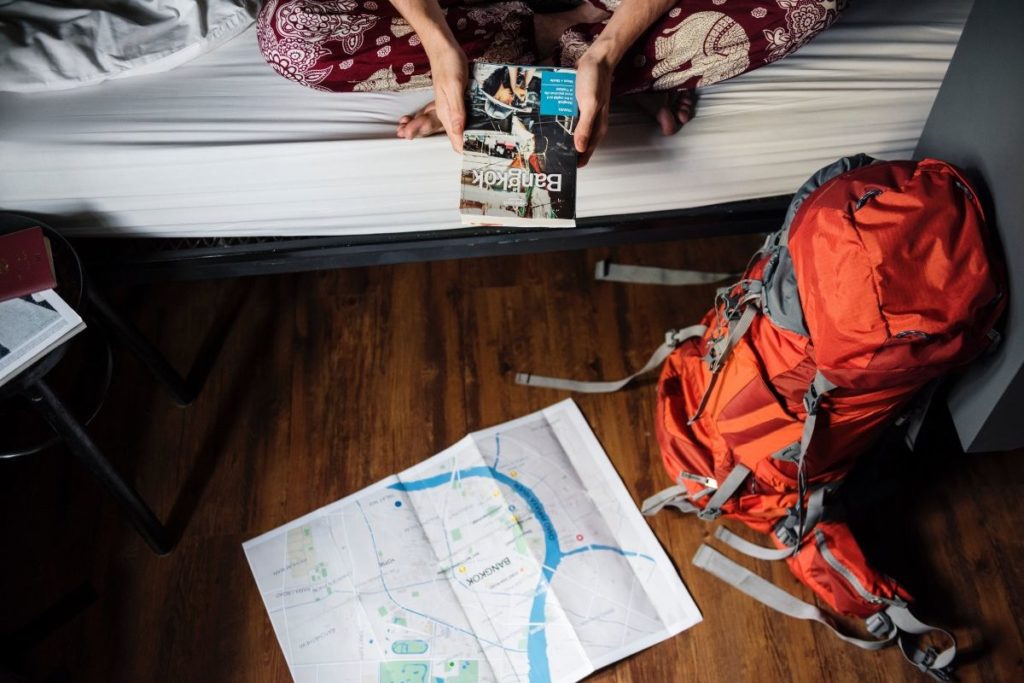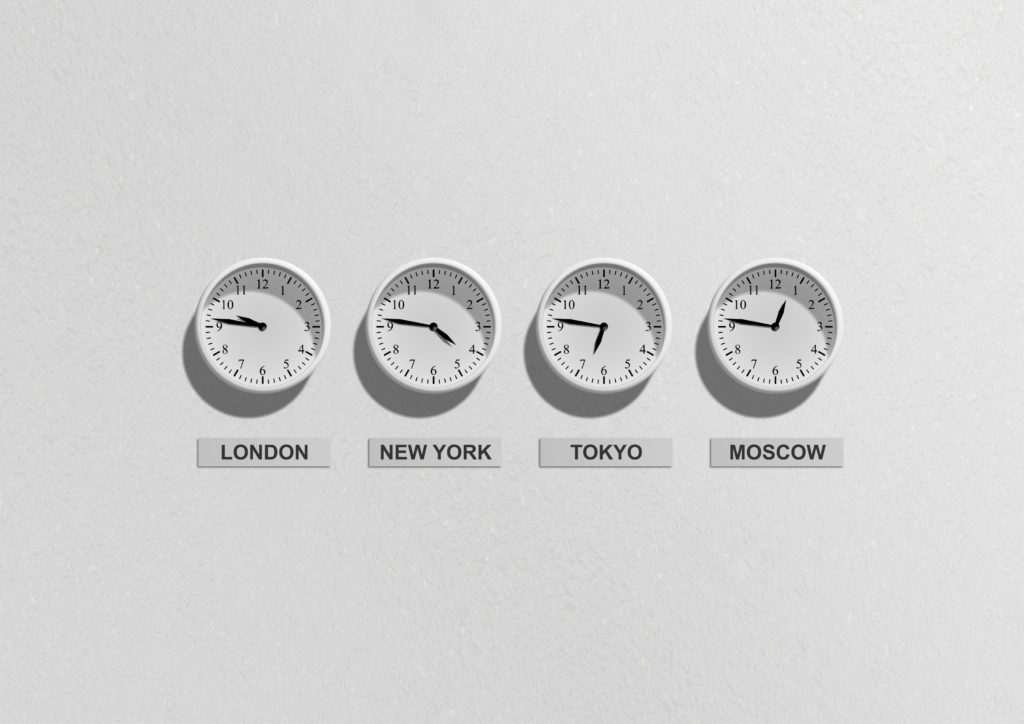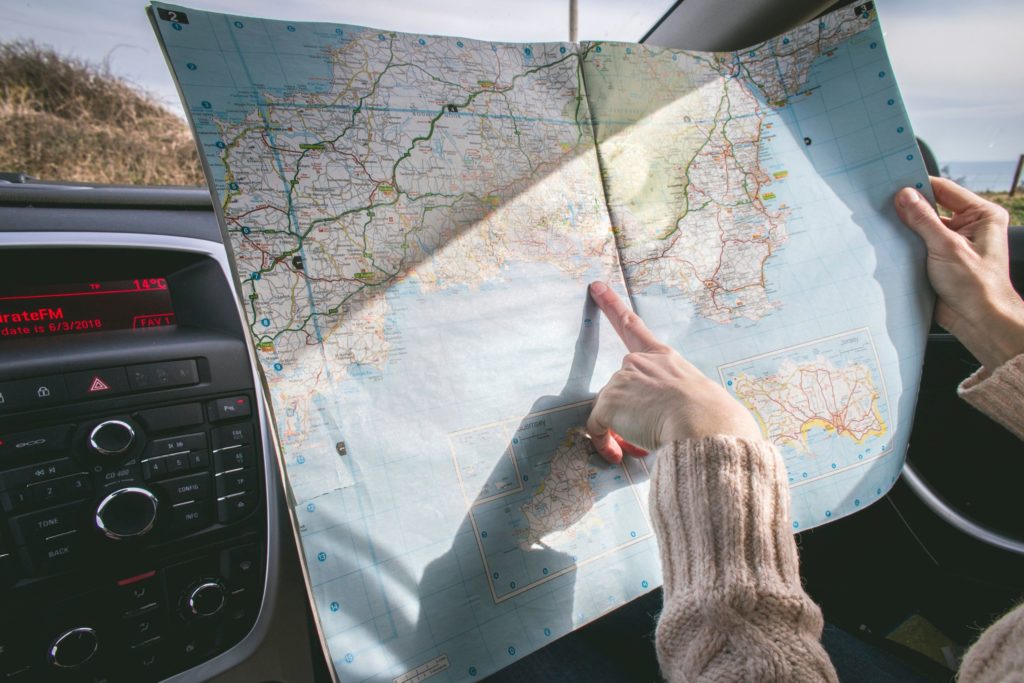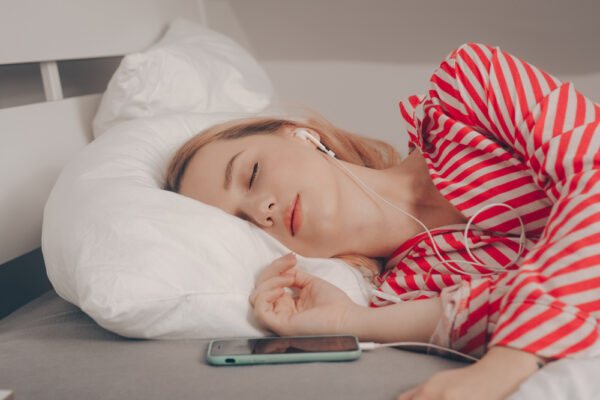Whether you’re looking to travel Europe for a month to experience different cultures, learn new languages, or simply to soak up some of the sun for a week or two, travelling can leave you feeling exhausted and far from energised.
We understand that sleep habits aren’t always a quick and simple fix, but by adopting a few and making sure to stick to them on your travels, it’s better for your internal body clock, mental and physical health.
Your sleep habits start way before you end up hopping on a plane. Just like a lot of things, our bodies need to be well rested and nourished in order to function properly. This means that if you have an early morning flight, be considerate of your well being and don’t assume you’ll sleep on the plane! Instead, be smart about your sleep schedule and go to sleep earlier the previous night. Its important to travel healthy before, during and after your journey.
As for last minute travel panic, you can easily avoid this by being organised. This means pack the night before or a few days before your departure, unless you want to start throwing clothes around in full panic mode an hour before your flight is scheduled to leave.
Items to Pack
Whenever we travel, it’s always nice to ‘feel at home’ and have our own comfort items that make it a little easier and don’t make us feel homesick. This could be a favourite pillow, noise cancelling headphones, smartphone, a laptop and plenty more.
Here’s the trick when it comes to packing your belongings – pack comfort items that will enhance your sleep. Being attached to your smartphone when you’re supposed to be sleeping doesn’t make you fall asleep; it has the opposite effect. If you were to use something that you found familiar and made you feel at home, let’s go with your bedding, or a pillow that makes you head feel like bliss, it then becomes easier for you to settle down.
Here are some common things people travel with to help with their sleep;
• Preferred pillow / bedding
• Eye mask and earplugs
• Ipod / Mp3 for sleep playlists
• Camomile tea
• Neck pillow for travelling

Crossing Time Zones
We’ve already provided a few top tips on
how to combat jet lag, but evidently this is something that affects people differently. To give you a quick recap on how to not let jet lag consume you during your trip;
• Try to stick to your home time zone
• Get as much sunlight as possible if you’re trying to stay awake
• Avoid caffeinated drinks
• Take breaks and pit stops

Appreciate Nap Time
Naps are a blessing for many of us who need to take a small amount of time to recharge. Sometimes it is inevitable that you’ll nod off at various intervals, whether it’s on the airplane, train or bus. Take a nap for no longer than 2 hours, if you sleep longer it will further cause chaos to your existing jetlag. Power naps are extremely helpful as they last between 10 to 30 minutes, however you can also develop
sleep inertia if you’re not too careful, and this is an unpleasant, groggy feeling that can’t be shaken off lightly.

Bright Mornings and Dark Evenings
Light and darkness is associated with alertness and when your body is ready to sleep. At night especially, it’s highly recommended that you step away from any technology such as phones, TV’s, tablets and game consoles. The light emissions fool the body to make it think it’s not ready for the rest it requires. It’s important to take actions to reset your body’s clock, and this can be achieved naturally or through advised medications.
Wake up with bright mornings and get some rest in the dark evenings to let your body know that this is the adjustment.





